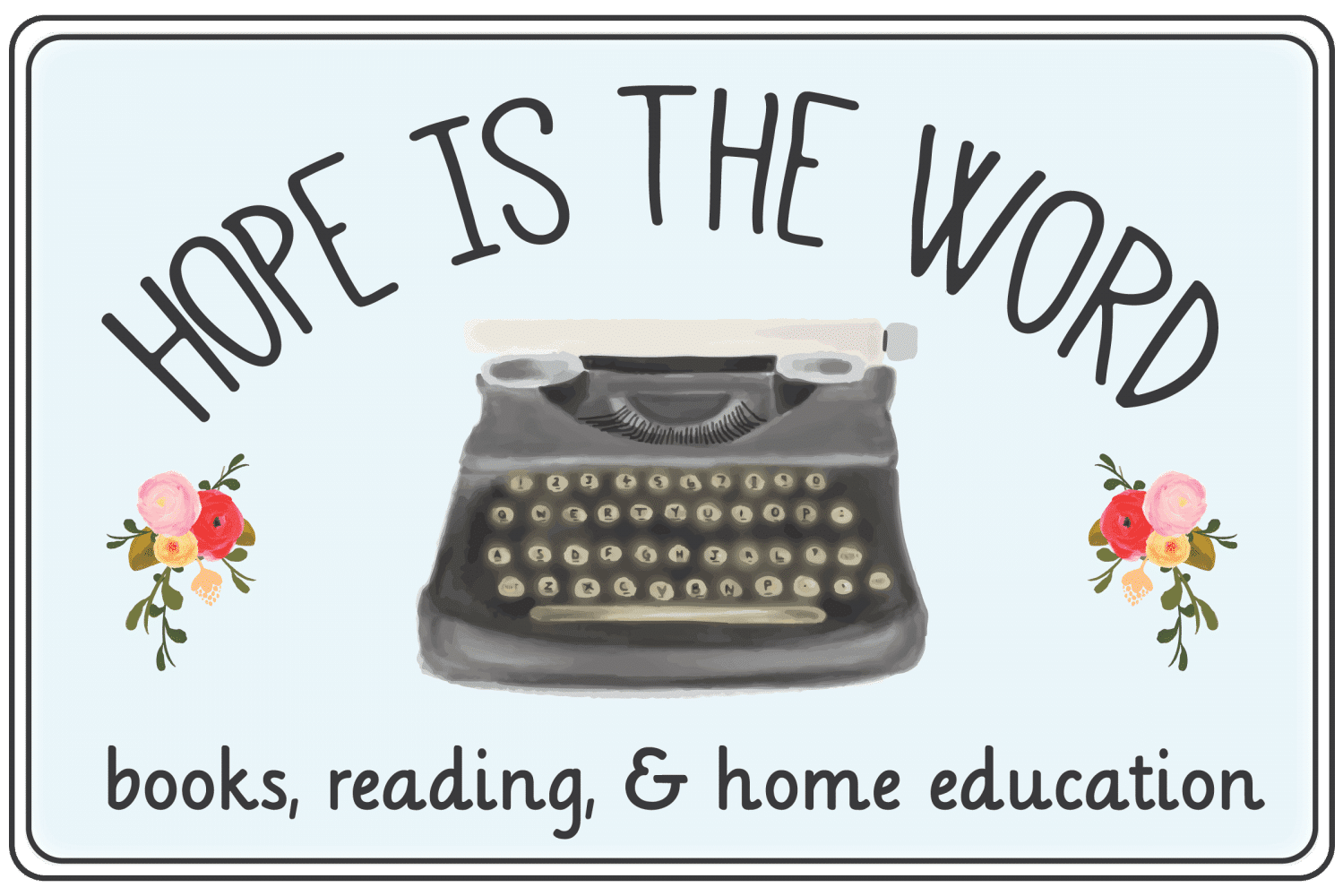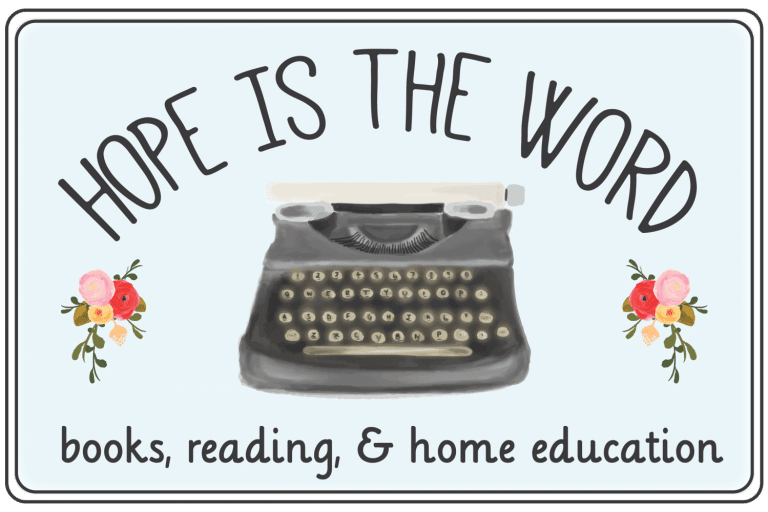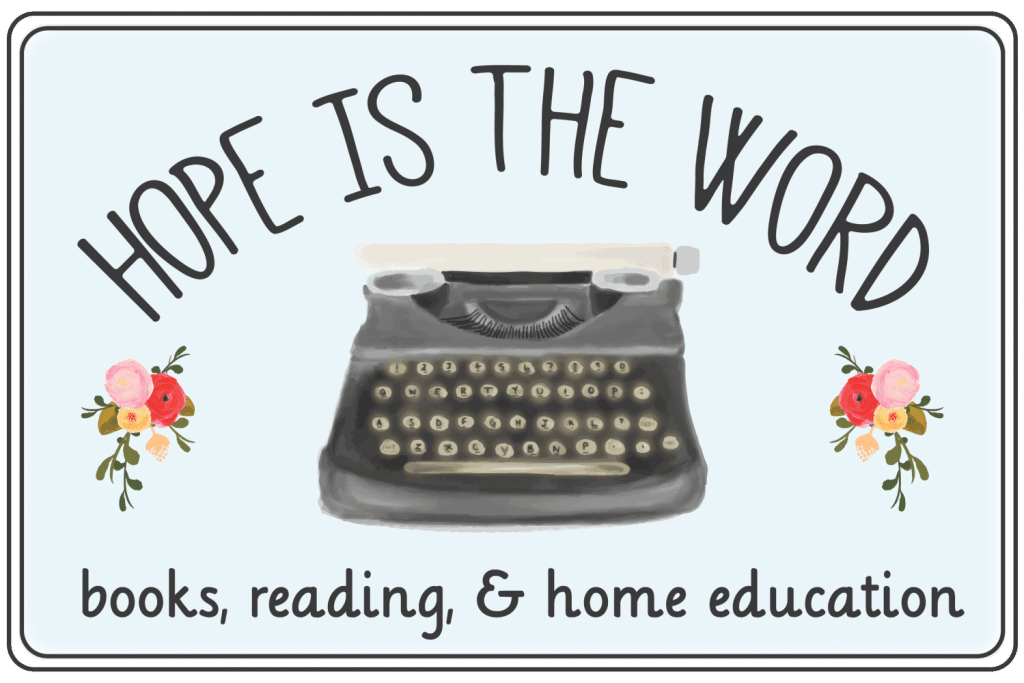Welcome to our comprehensive guide on unconventional classics that have the power to revolutionize your reading experience. In this article, we will explore a curated selection of timeless literary gems that defy convention and offer a fresh perspective on storytelling. These extraordinary works not only challenge traditional literary boundaries but also captivate readers with their unique narratives, innovative structures, and thought-provoking themes. If you’re ready to embark on a literary journey like no other, join us as we delve into these extraordinary books that are bound to leave a lasting impression.
The Power of Unconventional Storytelling
Storytelling is an art form that has evolved over centuries, constantly pushing boundaries and redefining what is possible within the realm of literature. While classic novels have long been revered for their adherence to certain narrative structures and thematic elements, there is a wealth of unconventional classics that offer a refreshing departure from the norm. These books challenge our preconceived notions of storytelling and invite us to explore new perspectives, making them invaluable additions to any reader’s collection.
Embracing Experimental Structures
One of the hallmarks of unconventional classics is their willingness to experiment with narrative structure. These books often employ unconventional techniques such as nonlinear storytelling, fragmented narratives, and multiple perspectives, creating a rich tapestry of storytelling that keeps readers engaged and intrigued. By breaking away from linear storytelling, these novels offer a fresh and immersive reading experience that ignites our imagination and challenges our perception of time and space.
The Unbearable Lightness of Being by Milan Kundera
In Milan Kundera’s “The Unbearable Lightness of Being,” the author weaves together the lives of four central characters in a non-linear narrative that explores the complexities of love, fate, and the human condition. Through his masterful storytelling, Kundera invites us to reflect on the interconnectedness of our lives and the profound impact our choices have on our existence. This unconventional approach to storytelling captivates readers and leaves them pondering the weight of their own lives long after the final page.
House of Leaves by Mark Z. Danielewski
Prepare to be immersed in the labyrinthine world of “House of Leaves” by Mark Z. Danielewski. This unconventional novel challenges the conventions of storytelling by incorporating various narrative layers, footnotes, and typographical experiments. The story revolves around a mysterious house that defies the laws of physics, and as the reader delves deeper into its enigmatic depths, they become entangled in a thrilling and unsettling exploration of fear, perception, and the power of storytelling itself.
Provocative Themes and Social Commentary
Unconventional classics often tackle provocative themes and offer insightful social commentary that resonates with readers long after the final page has been turned. These books address pressing societal issues, challenge established norms, and encourage readers to question the status quo. By shining a light on the complexities of the human experience, these novels invite us to reflect on our own lives and inspire meaningful conversations about the world we inhabit.
Brave New World by Aldous Huxley
Aldous Huxley’s “Brave New World” presents a dystopian society where individuality is suppressed, and happiness is manufactured. This thought-provoking novel explores themes of conformity, technological advancement, and the consequences of an overly controlled society. By envisioning a future that challenges our understanding of freedom and identity, Huxley forces us to examine our own values and the direction of our own society, making this book a timeless classic that continues to resonate with readers today.
Beloved by Toni Morrison
Toni Morrison’s “Beloved” is a haunting and powerful exploration of slavery’s enduring legacy. Through the eyes of Sethe, a former slave, Morrison delves into the psychological impact of slavery and the lengths one will go to protect their loved ones. With its raw and unflinching portrayal of the human experience, “Beloved” serves as a poignant reminder of the horrors of our collective history and the importance of confronting and healing from past traumas.
Unconventional Protagonists and Narrators
Another characteristic of unconventional classics is the presence of protagonists and narrators who defy traditional expectations. These characters challenge societal norms, offer unique perspectives, and invite readers to question their own assumptions and biases. By presenting us with complex and multifaceted individuals, these novels encourage empathy and understanding, fostering a deeper connection between readers and the story.
Lolita by Vladimir Nabokov
Vladimir Nabokov’s “Lolita” is a controversial and daring novel that pushes the boundaries of acceptable subject matter. The story is narrated by Humbert Humbert, a highly unreliable and morally reprehensible protagonist who becomes infatuated with a young girl named Lolita. Nabokov’s masterful prose and intricate character development force readers to confront uncomfortable truths about desire, obsession, and the darker aspects of human nature. “Lolita” challenges our preconceived notions of morality and raises important questions about power dynamics and consent.
The Catcher in the Rye by J.D. Salinger
J.D. Salinger’s “The Catcher in the Rye” introduces us to Holden Caulfield, a disillusioned and disenchanted teenager navigating the complexities of adolescence and societal expectations. Through Holden’s introspective and often cynical narration, Salinger captures the angst and alienation that many young people experience. This iconic novel resonates with readers of all ages, offering a timeless exploration of identity, authenticity, and the search for meaning in a world that often feels disconnected.
Conclusion
In conclusion, the unconventional classics we have explored in this article exemplify the power of storytelling to challenge, inspire, and revolutionize our reading experience. These extraordinary books break free from traditional norms, offering unique narratives, thought-provoking themes, and unforgettable characters. By embracing experimental structures, tackling provocative themes, and presenting us with unconventional protagonists and narrators, these novels captivate our imagination and invite us to question the world around us. So, if you’re ready to embark on a literary adventure that defies expectations, we encourage you to dive into these unconventional classics that are sure to leave an indelible mark on your reading journey.



